
Time Magazine recently released an article exploring the themes within J-Hope's new album 'Jack in the Box' and gave the artist praise for his return to the 'roots' of BTS.
The article starts with a brief summary of what BTS is known for as a group, noting their creativity and penchant for using allegory and myths in their work before exploring the meaning within the album Jack in the Box, describing it as "a more serious follow-up to J-Hope’s uplifting 2018 mixtape Hope World, as well as a kind of mission statement and candid reflection on the pressures, concerns, and ultimate ambitions that drive him. It addresses where BTS has been—and suggests where they might be going."
The magazine commended J-Hope for returning to his and BTS's roots and notes that this is not an album for the charts but for a deeper meaning, "With Jack in the Box, though, he returns to his roots as a serious rapper, and to BTS’s roots as an act focused on shedding light on the fears that drive us. The album is mostly in Korean, with no features. J-Hope is not concerned with making a play for chart status; there are no songs of the summer. Unlike BTS’s most recent releases, many of which leaned into bright pop and were sung in English, his Korean rapping is foregrounded, with a few English lines thrown in for emphasis. This feels like early BTS: experimental, influenced by classic hip-hop, unapologetic. "

A deeper analysis of the album and the artist is then shared, noting that J-Hope is allowing listeners to go beyond his bright personality, offering "many facets of his mindset: his constant striving (“More,” “What If”), his desire to create positive experiences for others and a place of respite for himself (“Equals,” “Safety Zone”), and his personal struggle to decide where to go next (“Arson”). In many ways, it echoes BTS’s previous—and more introspective—albums and lyrics."
The magazine goes on to praise the authenticity of BTS and the vulnerability shared by J-Hope, "Self-development and understanding have always been at the core of what made the group different from many of their K-pop peers; clearly J-Hope has not lost that passion for personal growth and willingness to be his own critic."
Using examples from the song 'More' the magazine analyzes the personal struggles of J-Hope as well as the BTS members, noting the album as a whole "helps illuminate the group’s decision to focus more wholly on their individual works, citing a sense of creative depletion with their group projects" and addressing with lyrics from 'Arson' the group's unique problem of, "where do artists go when they’ve broken every record in the book already?"
The magazine concludes their article by giving their opinion on what may be next for the group,
"if Jack in the Box is any indication of what comes next, this upcoming chapter should be one of creative liberation and maturity. As he told Rolling Stone, each of the other members inspire him and bring their own “color” to their work. J-Hope’s color right now might well be a burning red: urgent, intense, willing to burn everything down to build back up again, and unafraid to alienate those who don’t understand this new, more nuanced version of him. BTS may be taking a group breather, but Jack in the Box suggests they are very far from done".
In case you missed it, CLICK HERE to read the full article.

 SHARE
SHARE

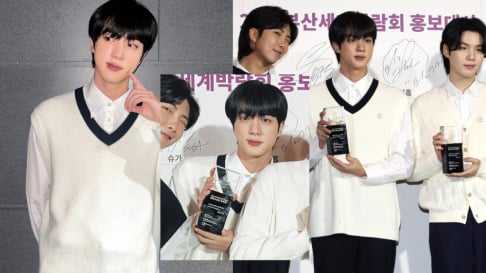




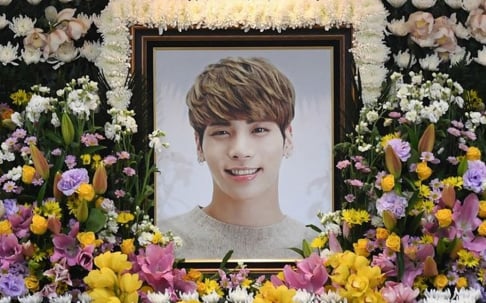
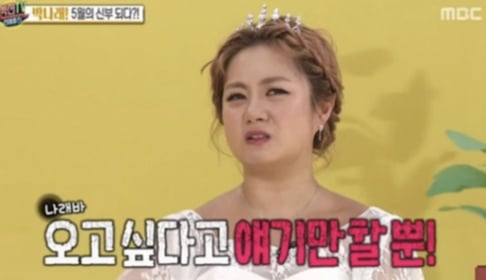





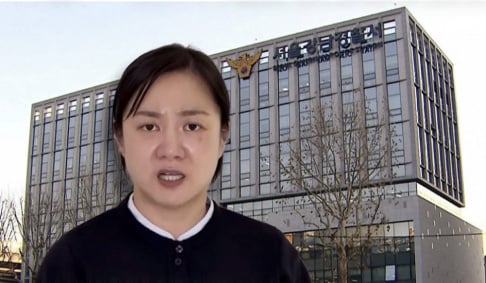



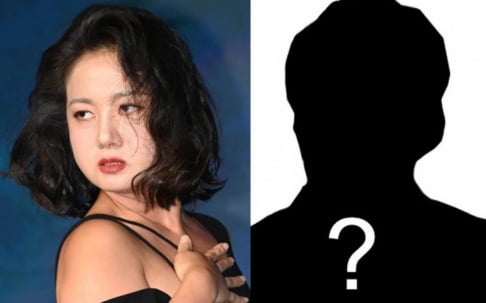


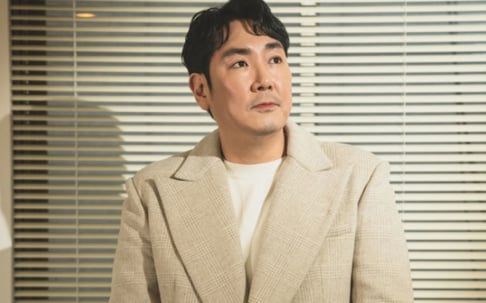

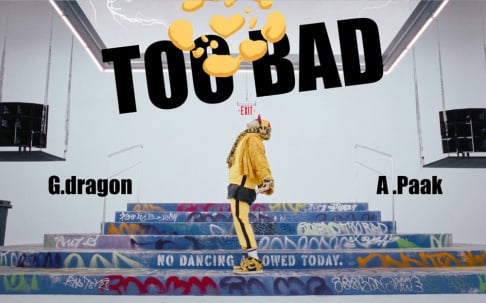


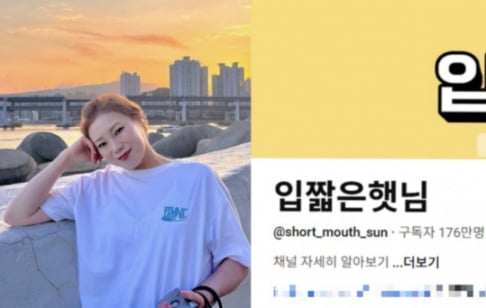
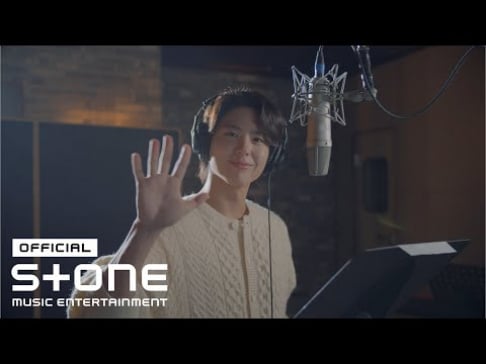
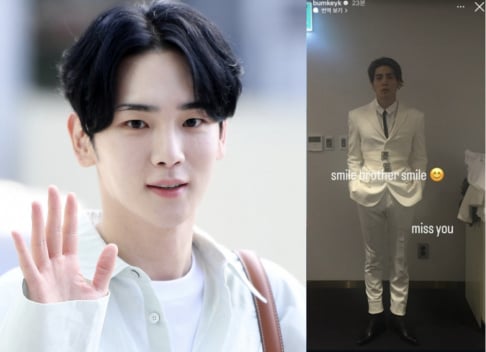
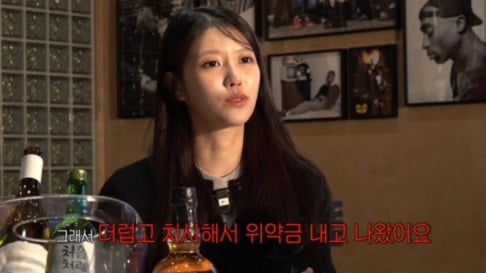
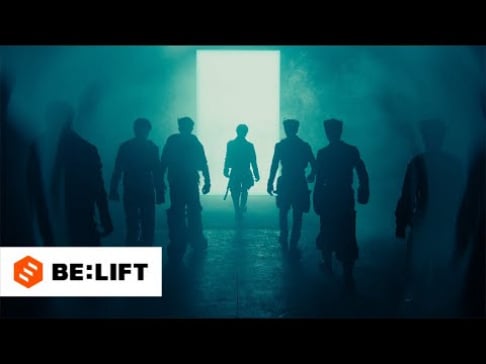
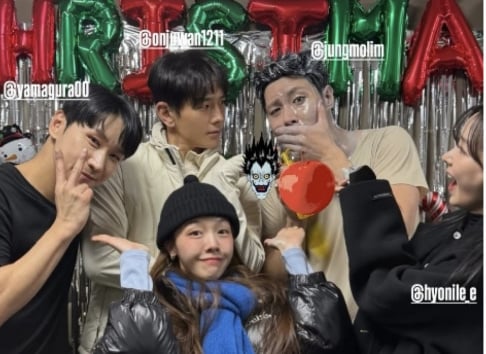
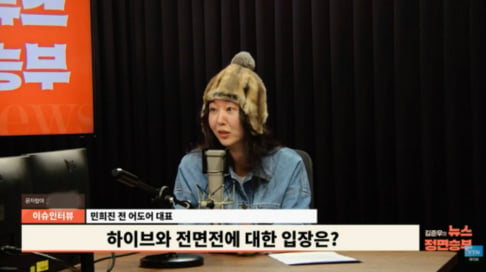
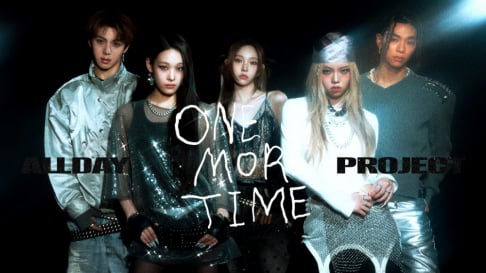
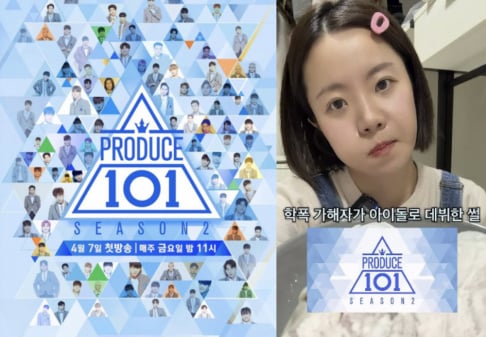




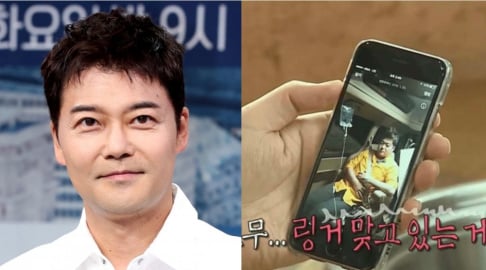













One word 'masterpiece